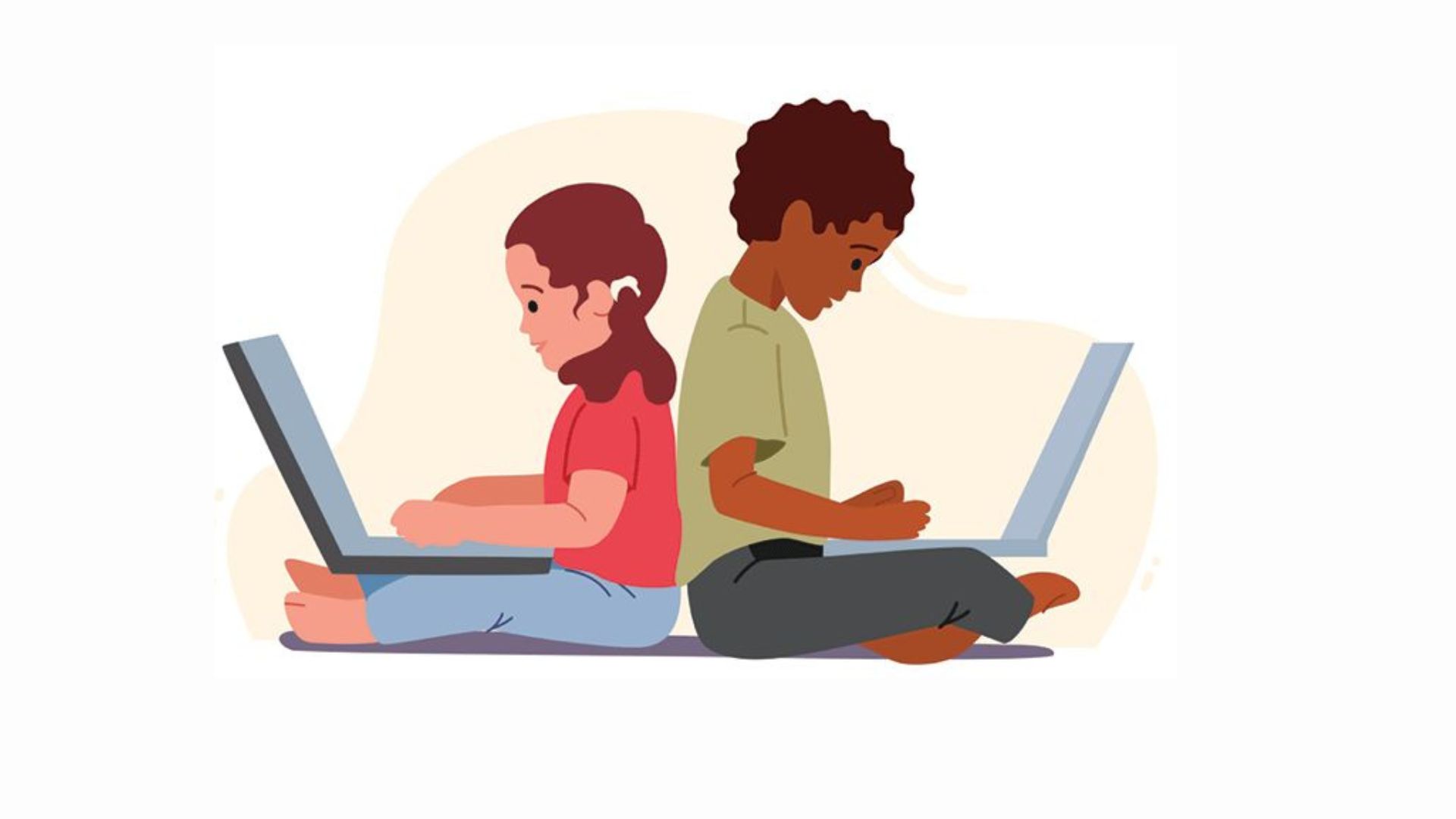
In today’s digital era, screens have become an integral part of life, making it nearly impossible to avoid them. However, the increasing use of electronic devices like smartphones and tablets from an early age has led to concerns about children becoming overly dependent on screens, potentially affecting their development. Parents worldwide are grappling with how to balance the advantages of technology with activities that promote healthy growth.
In Brazil, there has been a noticeable rise in smartphone usage among children. Research highlights that many young children have access to mobile devices, a trend fueled by the availability of educational apps and digital games. While these tools can enhance cognitive skills and introduce children to technology, they have also contributed to a significant increase in daily screen exposure.
Recent findings reveal that around 70% of Brazilian children aged 3 to 6 use mobile devices daily. Although these tools offer some educational benefits, too much screen time can negatively impact physical, mental, and emotional well-being. For instance, prolonged exposure to screens can make emotional regulation difficult for children, creating a dependency on digital stimulation for entertainment. This reliance may interfere with natural social interactions and hinder the development of face-to-face communication skills.
To address concerns over excessive screen time, health and education experts have issued guidelines to help parents and educators manage children’s screen use. These guidelines are based on age to ensure that children engage in balanced, developmentally appropriate activities:
– Children up to 2 years old: The Brazilian Society of Pediatrics, as mentioned on the gov.br portal, recommends no screen time for children under 2. Instead, the focus should be on real-world engagement and physical play, essential for brain development and social skills. Early screen exposure may hinder a child’s ability to interact with their surroundings and delay language development.
– Children aged 2 to 5 years: Screen time should be limited to no more than two hours daily for this age group. Striking a balance between technology and physical activities is important for motor skills and socialization. Excessive screen time at this stage can limit opportunities for creative play and learning through human interaction, which are crucial for early development.
– Children aged 6 to 12 years: As children grow older and are exposed to more technology, screen time should not exceed three hours daily. Too much screen use can interfere with schoolwork, friendships, and physical health. Ample time for physical activity, reading, and non-digital pursuits is essential for a balanced lifestyle.
– Children over 12 years old: For teenagers, screen time should be tailored to individual routines but generally kept below three hours daily. Monitoring content is crucial to ensure it is age-appropriate and balanced with offline activities like exercise and hobbies. Excessive screen exposure during adolescence can lead to concentration issues, sleep disturbances, and a sedentary lifestyle, all of which have long-term health implications.
Despite these recommendations, the World Health Organization (WHO) reports that only 25% of children under 2 and 33% of children aged 2 to 5 follow the suggested screen time limits. This highlights the need to foster healthy screen habits early on.
Extended screen use can lead to significant eye health issues. Digital eye strain, also called computer vision syndrome, is common among those who spend prolonged periods focusing on screens. Symptoms include dry eyes, headaches, blurred vision, and discomfort.
Children are particularly susceptible to these effects since their eyes are still developing. Prolonged screen use can cause reduced blinking, leading to dryness and irritation. Additionally, blue light from screens may disrupt sleep patterns, especially when devices are used close to bedtime, resulting in poor sleep quality that can affect overall health and development.
Excessive screen time has also been linked to the rise in myopia (nearsightedness) among children. Studies suggest a correlation between increased screen time and a higher incidence of myopia. Encouraging outdoor play and reducing screen exposure during critical development phases can help mitigate eye health risks.















